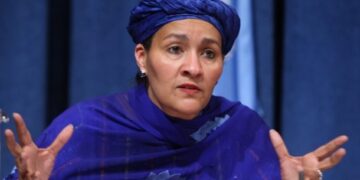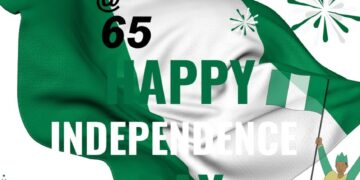Banking and development experts in Nigeria are urging the Federal Government to consider using Microfinance Banks (MFBs) for the disbursement of intervention funds to achieve the objectives of poverty alleviation programs. The call comes in response to alleged abuses in the disbursement of poverty alleviation funds by the Ministry of Humanitarian Affairs.
Dr. Uju Ogubunka, National Chairman of Bank Customers Association of Nigeria (BCAN), emphasized the role of Microfinance Banks, stating that MFBs would best serve the purpose of disbursing funds to the poor in the country. He referred to the Microfinance Policy, Regulatory and Supervisory Framework for Nigeria issued by the Central Bank of Nigeria (CBN) in 2005, which positions MFBs as suitable institutions for handling financial services for the poor, especially in rural areas.
Dr. Ken Ukaoha, President of the National Association of Nigerian Traders (NANTS), also supported the idea of channeling social intervention funds through MFBs. He highlighted the transparency and accountability that MFBs adhere to in their operations, emphasizing the accessibility of funds at the local level, where small-scale farmers predominantly operate.
Prince Joseph Idiong, Director-General/CEO of the Association of Nigerian Exporters (ANE), emphasized the reach of MFBs to most local areas, making them a preferred channel for the disbursement of poverty alleviation funds. Idiong suggested using well-capitalized MFBs with national or regional spread and State Government-owned MFBs.
Hajia Amina Jubrin, former National Chairman of the Association of Small-Scale Agro-Producers in Nigeria (ASSAPIN), also expressed support for MFBs, stating that they are best positioned to efficiently disburse funds to achieve the objectives of poverty alleviation programs.























